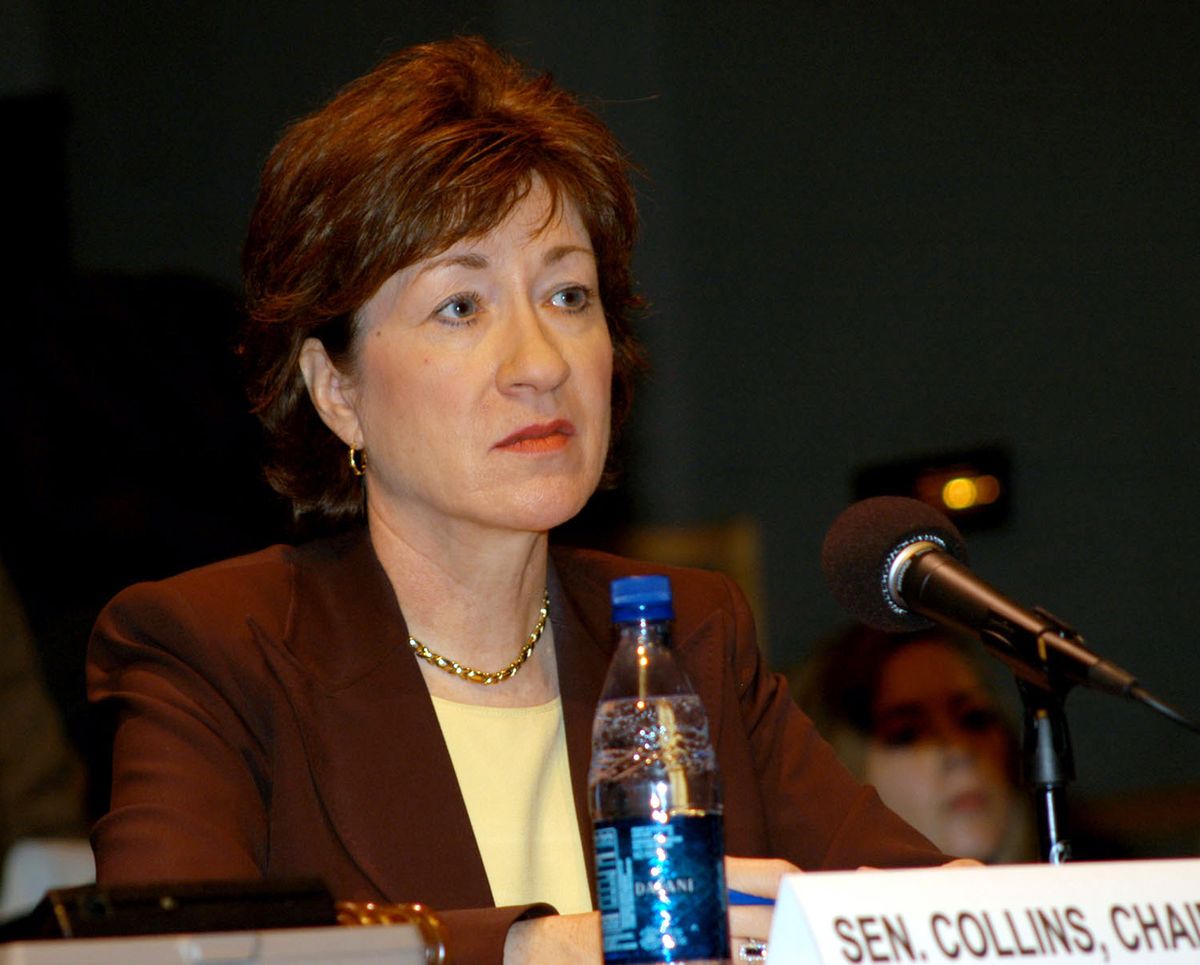Senators seek stimulus votes
Many growing wary of growing pricetag, looking for cuts

WASHINGTON – Senate Democratic leaders conceded Tuesday that they do not have the votes to pass the stimulus bill as currently written and said that to gain bipartisan support, they will seek to cut provisions that would not provide an immediate boost to the economy.
The legislation represents the first major test for President Obama and an expanded Democratic Congress, both of which have made economic recovery the cornerstone of their new political mandate. The stimulus package has now tripled from its post-election estimate of about $300 billion, and in recent days, lawmakers in both parties have grown wary of the swelling cost.
Moderate Republicans are trying to lower the amount of the bill by as much as $200 billion, although Democrats working with those GOP senators have not agreed to a specific figure.
The Senate’s first vote on a stimulus amendment, a failed effort Tuesday to add more infrastructure spending to the package, signaled the change in course. For weeks, the measure has grown to meet a worsening economic crisis with the largest possible infusion of government cash. Despite warnings of dire consequences if Congress does not act boldly, Republicans have become resolute in their opposition to what they view as runaway and unnecessary spending in the legislation. And as the total in the Senate version climbs to $900 billion, unease also is stirring among moderate Democrats.
Extensive Senate revisions would force lawmakers to work at a frantic pace to meet a self-imposed Feb. 13 deadline for completing a compromise bill with the House, which passed an $819 billion version last week. Obama reiterated his call for urgent action in a Monday night meeting with Democratic leaders and by letter to Senate Majority Leader Harry Reid, D-Nev., Tuesday.
For now, the Senate bill remains a work in progress. “We’re trying to find a way to reach 60” votes, Majority Whip Dick Durbin, D-Ill., the Senate’s chief vote counter, told reporters. “A number of Democrats have said they want to see changes to the bill before they can vote for it.”
Durbin predicted that “100 decisions” will be “made between now and when we deliver the bill to the president’s desk.”
To remove obstacles from the measure’s path, Reid said numerous items could fall by the wayside. “The president, the Democratic leaders, the Republican leaders certainly have every intention of moving forward to getting everything out of the bill that causes heartburn to a significant number of senators,” he told reporters Tuesday.
What Senate leaders cannot predict is which provisions will stay in and which will fall out. It also remains unclear whether Democrats are willing to tamper with measures that are considered high priorities for Obama, but that tackle longer-term challenges such as health care reform and alternative energy development, rather than providing the quick jolt of expanded unemployment and food-stamp benefits and individual tax relief.
The most ambitious effort to cut the bill is being led by Sens. Ben Nelson, D-Neb., and Susan Collins, R-Maine, moderates in their parties who share a dislike of the current version. Collins is scheduled to visit Obama at the White House today. “I’m going to go to him with a list” of suggested deletions, she said.
Nelson said he and Collins have agreed to “tens of billions” in cuts, although he said he is skeptical that the effort will reach Collins’ target of $200 billion in reductions. The pair has counted up to 20 allies in their effort, with more Democrats than Republicans at this point.
Among the items that the Collins-Nelson initiative is targeting: $1.1 billion for comparative medical research; $350 million for Agriculture Department computers; $75 million to discourage smoking; $20 million in Interior Department funding; $400 million for HIV screening; and $650 million for wildlife management.
The medical research measure, aimed at developing uniform treatment protocols, is an Obama priority and part of the foundation he is trying to build for health care reform.